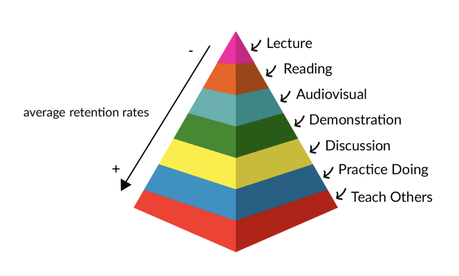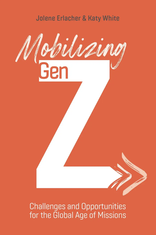|
Last month I listened to an episode of the LEAD Pods Podcast about the growing challenges of raising up young leaders for our present and future churches. Among other things brought up in this insightful conversation was the reality that our church leadership is aging while there are fewer and fewer young leaders being raised up to replace those who retire. The average age of a pastor today is 60. It was 44 in 1992. Sam Rainer wrote about this last summer saying, “A typical pastor today is approaching retirement age. Frankly, there are not enough younger pastors to replace a large group of retiring Baby Boomer pastors. The perspective of some churches with older, retiring pastors is exacerbating the problem. Once they begin to search for a pastor, they will look for an idealized version of a 30-something Baby Boomer pastor from a bygone era. Obviously, this pastor does not exist. The few candidates available will look and lead very differently. As a result, churches will struggle to fill positions as willing candidates get frustrated with search teams.” Landon Coleman, in his article “Why are Pastors So Old Today” does a good job of highlighting six reasons for the void of upcoming pastors and a few thoughts about a way forward including the admonition that churches, “should not waste time blaming the younger generation, and they should not try to pin the blame on seminaries. Instead, churches should work to train up and raise up pastors from within their own ranks. Seminaries are a helpful part of preparation for pastoral ministry. Personally, I can’t imagine doing my job without seminary. However, in the plan and the providence of God, it is the local church’s job to raise up pastors – not academic institutions.” This brought me back to thinking about Gen Z. I wrote recently about mobilizing Gen Z for missions and I often hear folks (myself included) bemoaning this young generation and the ways they live and believe and think about life and faith. I don’t always understand them, however blaming them does not solve any of the challenges facing our missionary efforts or the future of the American church. It seems that the future of the church as we know it, led by highly educated, paid professionals, may soon be a thing of the past. Our seminaries are turning out fewer and fewer pastors and most going to college today are more focused on avoiding debt than stepping into a calling to serve the local church (or any of the humanities for that matter). The church of tomorrow will be led by Gen Z whether we like it or not and so we need to think more intentionally about how to raise them up, empower them and call them into service for the Lord. Jolene Erlacher, in a recent Leading Tomorrow podcast, highlighted the predominant learning styles of Gen Z. This got me thinking about how churches and mission agencies can be working to raise up tomorrow’s leaders and the new ways we must begin to think about this task. In the interview, Erlacher describes what she calls “EPIC” learning. EPIC stands for experiential, participatory, image rich, and connected. As I listened, it occurred to me that this type of learning is in line with what the pedagogical experts have always said about the best ways to learn, ways that our churches have almost always ignored. EPIC learning looks a lot like the old learning pyramid that has been around for the last few decades. Those over forty have known little else but lecture and reading as the ways we learn. While these may have worked for us, we need to rethink how we teach and make disciples of our younger counterparts. As a member of the Gen X cohort, I still love to learn in these ways, but it’s not about me. We need to explore this new way of teaching because it is the way Gen Z learns, because it’s actually more in line with the disciple making principles of Jesus, and because, if we don’t, we’ll probably begin to lose more and more of them as they find the church and mission agency irrelevant and more interested in protecting institutional traditions than in building the kingdom. It seems in many ways like the church in North America is approaching a hinge moment in history. Changes are coming. The church as we know it may be on its last leg. It may not look the same in the future. It may lose its institutional nature. It may no longer be able to support fully paid professionals. Two things are for certain however: The Church will continue to be the means through which Christ’s kingdom expands and it will be led by Gen Z.
0 Comments
|
The E2E Community
Categories
All
Good Books
Archives
April 2024
|
Proudly powered by Weebly







